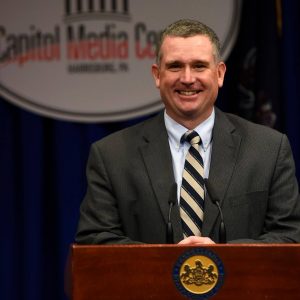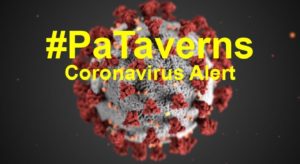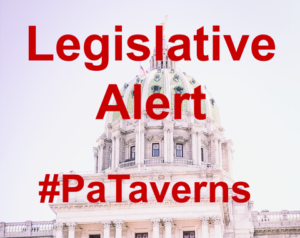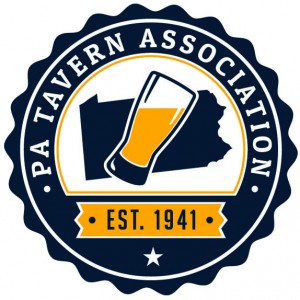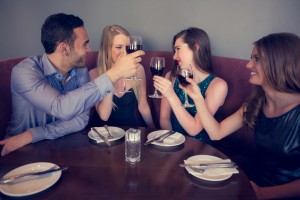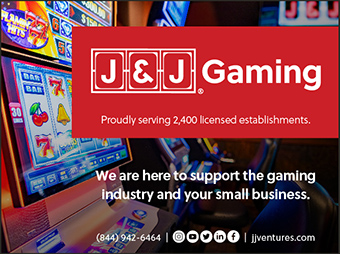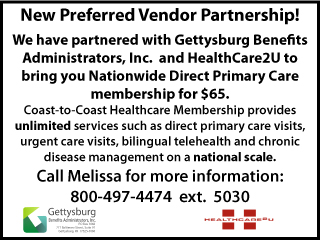The following is a statement from Chuck Moran, Executive Director of the Pennsylvania Licensed Beverage and Tavern Association, concerning today’s action in the Pennsylvania Senate regarding HB 2513.
Today, the Pennsylvania Senate voted to help small business taverns and licensed restaurants by passing HB 2513 by a bi-partisan vote of 43-6. The bill now goes back to the Pennsylvania House of Representatives for concurrence.
Recent amendments to HB 2513 return the industry to standards that were in place before the July 15 mitigation rule changes that have done significant damage to our small business Members across the Commonwealth. The bill allows taverns and restaurants to operate at a minimum of 50 percent capacity with continued social distancing and barriers in use; eliminates the requirement that alcohol sales for on-site consumption may only occur if a meal is also purchased; and also permits customers to sit at the bar with appropriate social distancing and/or barriers.
The industry has played and continues to play its role in the COVID-19 battle. It has been the tip of the spear since day one of the battle, and has sacrificed the most of any industry. Industry casualties are mounting as more establishments close their doors and employees lose their jobs. The industry and its employees desperately need this type of help.
HB 2513 is a safe step in the right direction. It takes into consideration a balance of COVID safety measures and business survival needs.
The Pennsylvania Licensed Beverage and Tavern Association thanks the Pennsylvania Senate for its action today.
We look forward to working with the general assembly on future legislation to continue efforts in rescuing the industry and returning it to normal operations.
# # #
About the Pennsylvania Licensed Beverage and Tavern Association
The Pennsylvania Licensed Beverage and Tavern Association is a statewide association based in Harrisburg, representing small business taverns and licensed restaurants in the Commonwealth of Pennsylvania. The Association formed in 1941, reorganized in 2019, and today advocates for best practices and rights within the industry as well as best experiences for patrons.
Members of the media can call (717) 232-8671 to request an interview on this topic.




